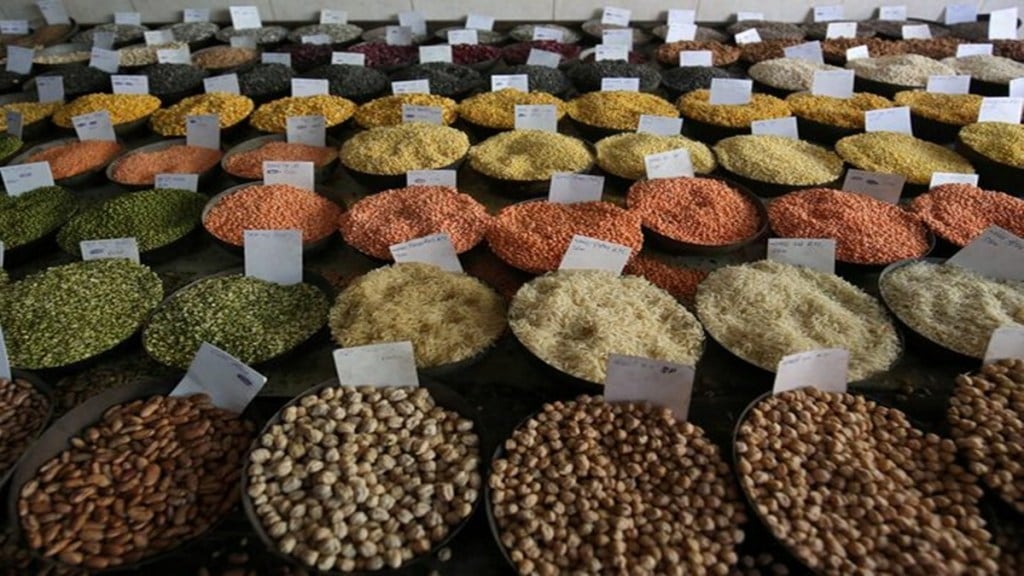The government’s food subsidy budget in FY26 is set to rise by 10-15% over the budget estimates (BE) of Rs 2.03 lakh crore with rising grain stocks inflating economic costs of grains distributed free of cost to 810 million people under the Pradhan Mantri Garib Kalyan Anna Yojana.
The new procurement season (2025-26) for paddy purchase began earlier this month.
Sources told FE the Food Corporation of India (FCI), through which over 70% subsidies are routed, has revised upward the projected expenditure from Rs 1.4 lakh crore (budget estimate) to Rs 1.7 lakh crore for 2025-26.
For FY26, the corporation has so far received Rs 75,921 crore, or 53% of its annual food subsidy allocation as per the BE from the finance ministry. In addition, the ministry has provided Rs 50,000 crore as wage and means advance which has to be repaid by the corporation by March 31, 2026.
However, the FCI has had to avail a short-term loan of Rs 25,880 crore in the current fiscal. The borrowing was necessitated by the high economic cost of operations driven by FCI’s surplus grain stock.
“Unless significant quantities of grain stocks are liquidated through open market sale and other means, the expenses towards holding on to large stocks are going to mount further,” an official said.
At present, FCI holds 66.53 million tonne (MT) of rice (35 MT) and wheat (31.51 MT) against a buffer of 30.77 MT – rice (10.25 MT) and wheat (20.52 MT) – for October 1. This grain stock excludes over 9 MT of rice receivable from the millers to FCI while the new paddy procurement season for 2025-26 season (October-September) commenced on a brisk note which would boost stock further.
In the current fiscal, FCI has sold a record 5.63 MT of rice from its stocks in 2025-26 so far at subsidised rates through various initiatives including offloading of grain through open market sale, allocation to states, and for ethanol manufacturing and Bharat rice initiative.
If the substantial quantity of stock is not diluted in the open market, there is a possibility of huge challenges in terms of handling rice stock by FCI and surplus stocks are expected to inflate the government’s food subsidy bill.
Annually the corporation supplies around 36 – 38 MT of rice and 18 – 20 MT of wheat under the free ration scheme while the procurement has been in the range of 75 to 80 MT in the last many years leading to piling up of stocks.
The FCI’s economic cost for rice and wheat for 2025-26 as per budget estimate to increase to Rs 41.73/kg and Rs 29.80/kg, respectively, up from Rs 40.42/kg and Rs 28.50/kg in 2024-25.
However, the economic cost, including minimum support price (MSP), storage, transportation and other costs will have revised upward at the revised estimate level by the end of FY26.
Under PMGKAY, 810 million people are currently being provided 5 kg each of specified grains per month free of cost. The free ration scheme is being extended till the end of 2028 and it would cost the exchequer Rs 11.8 trillion.
“Higher procurement of grains against the requirements are adding up to economic costs despite the government liquidating some stocks through open market sale,” an official said.

